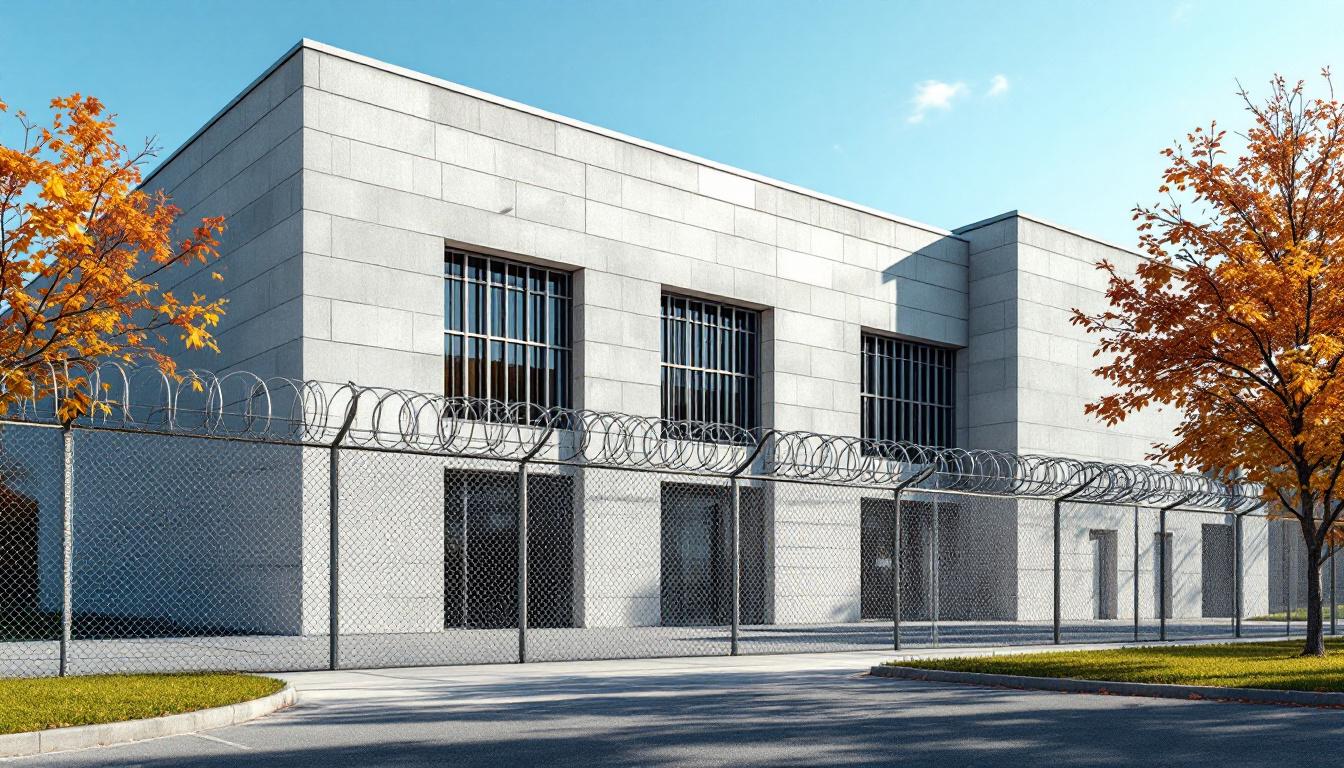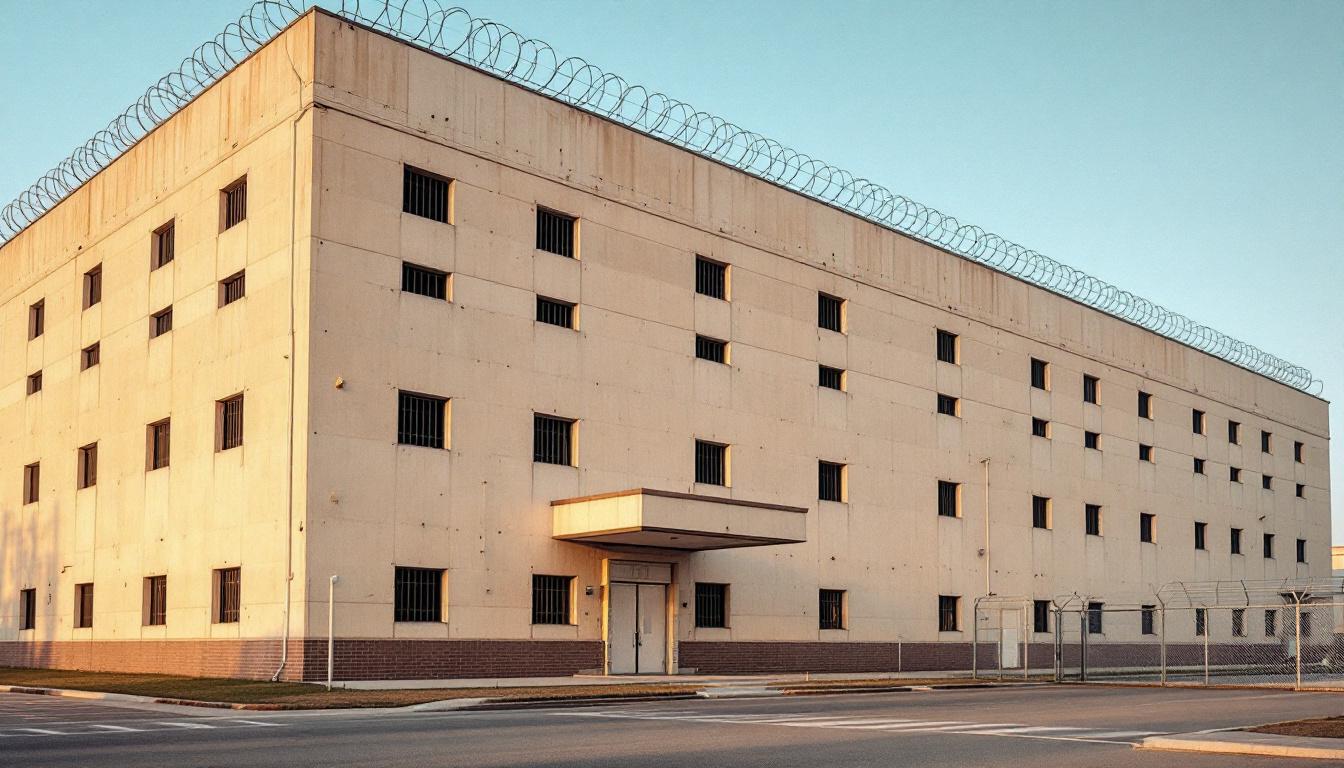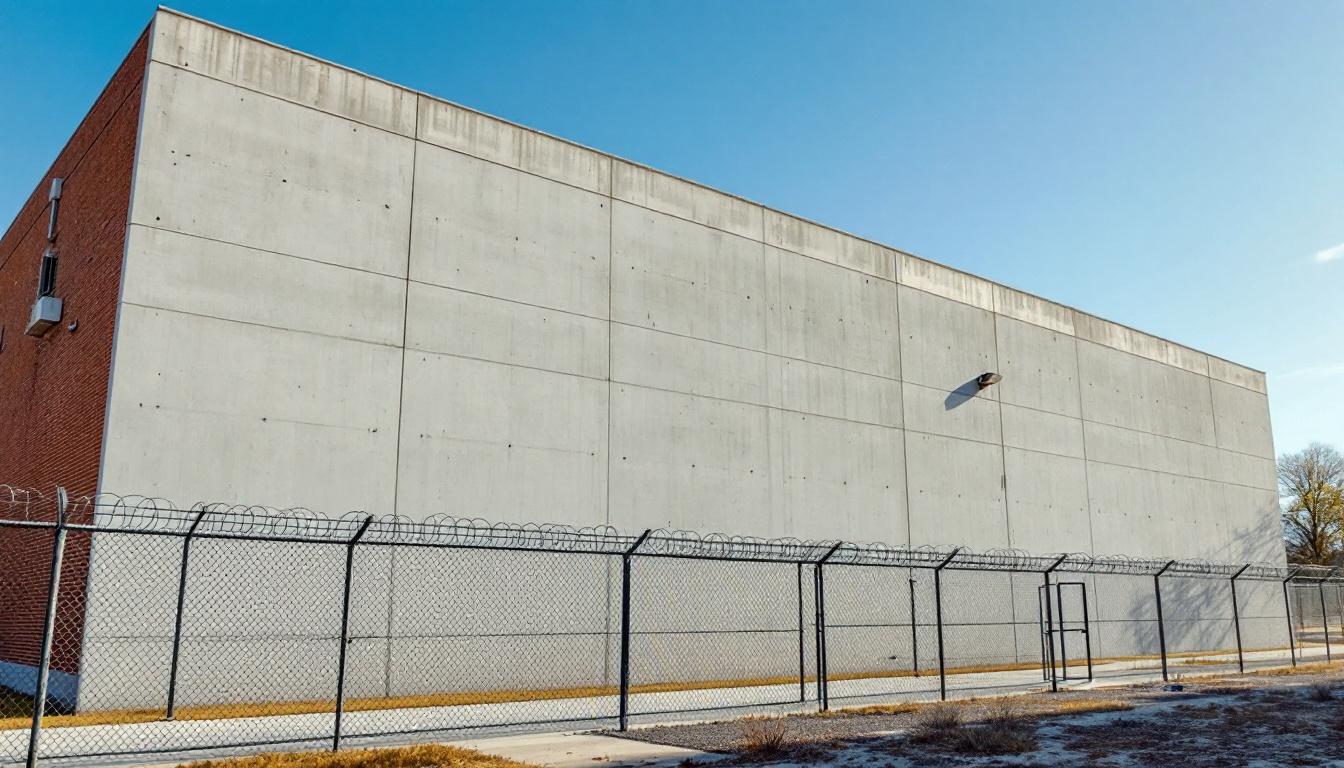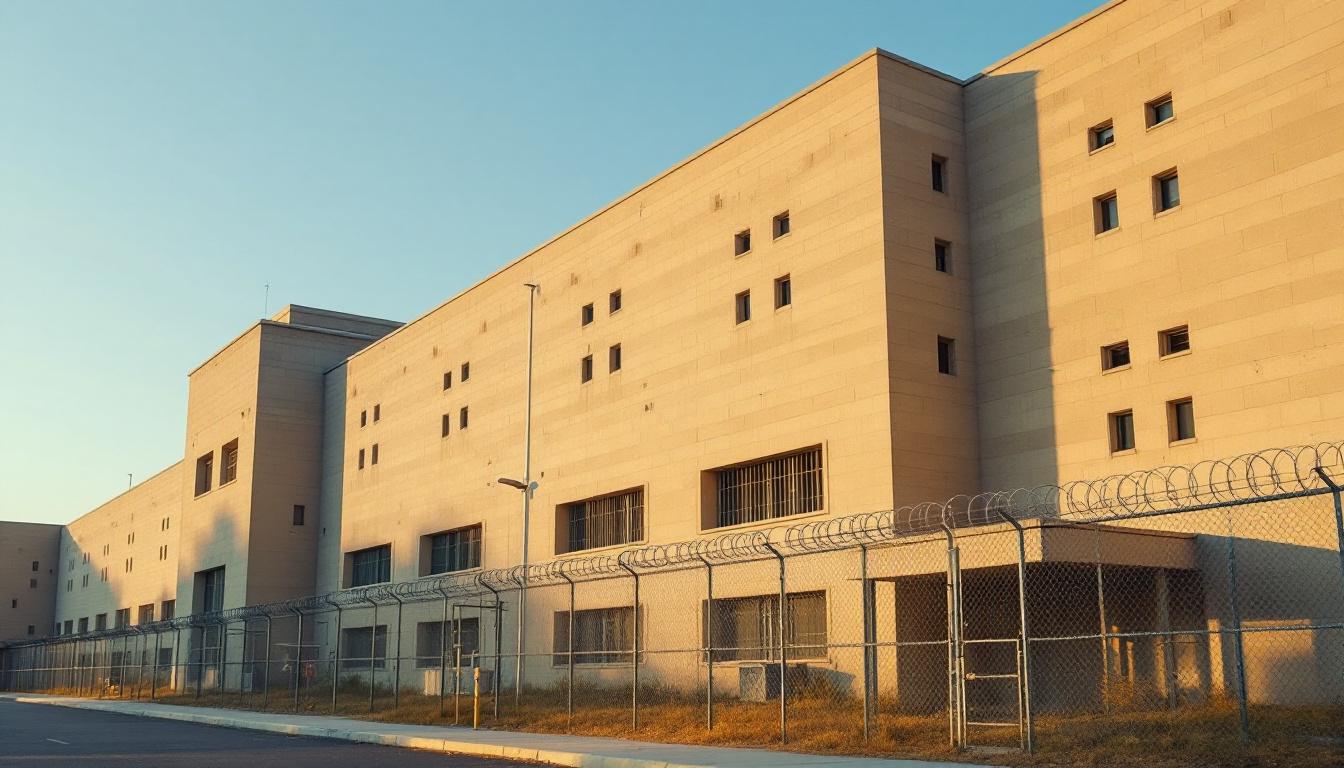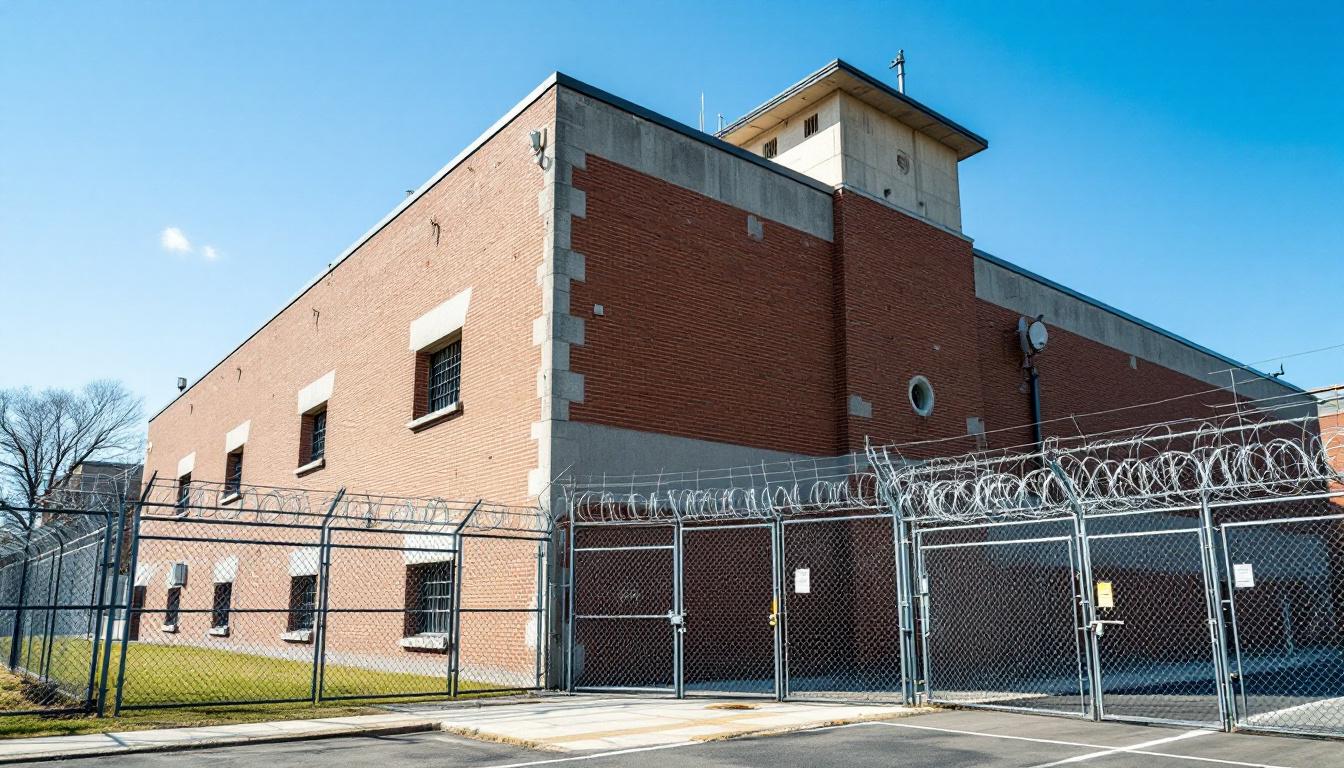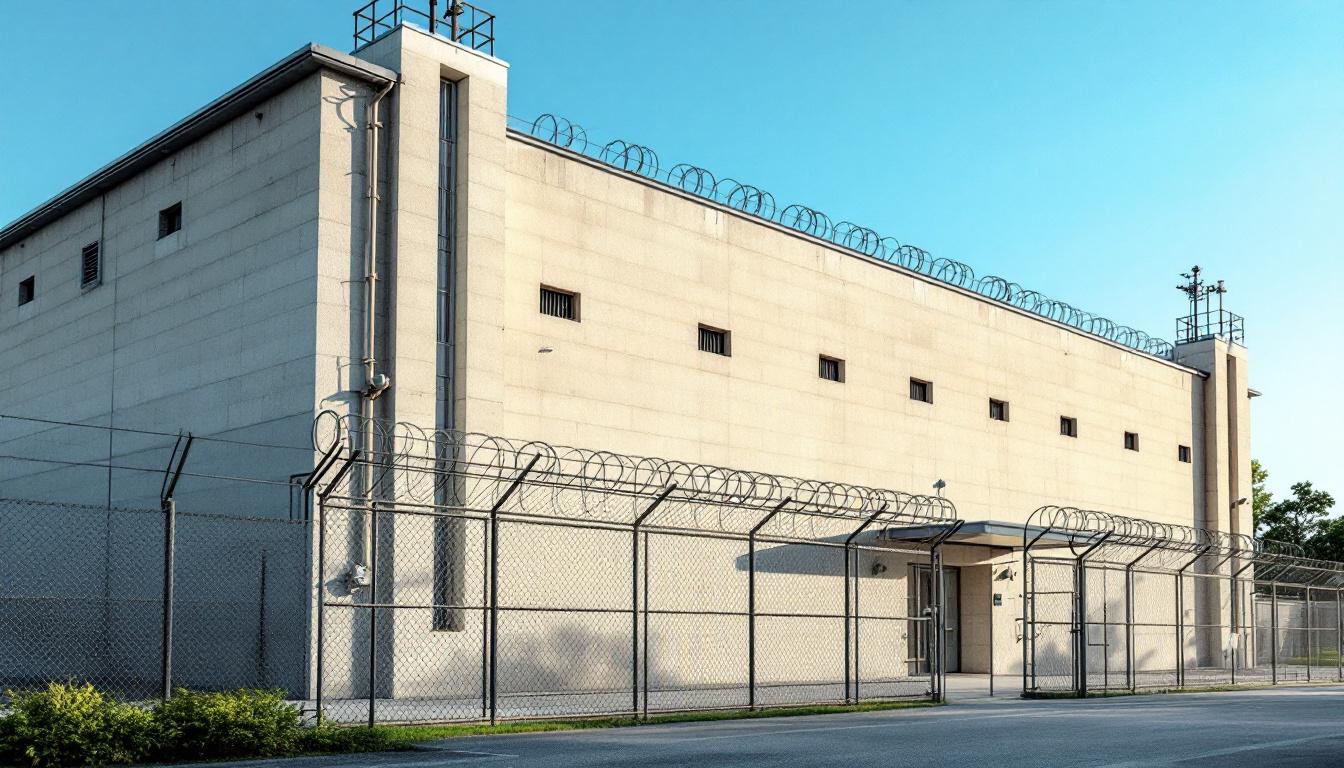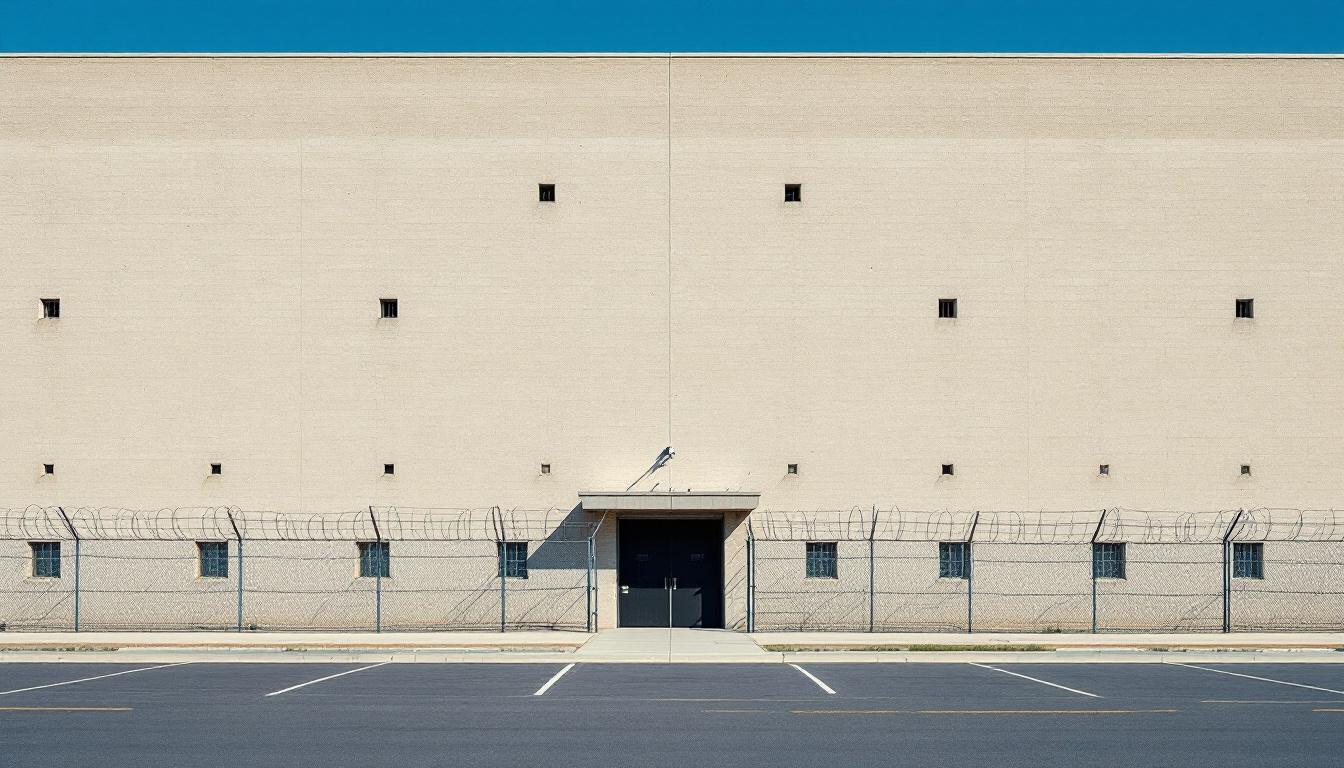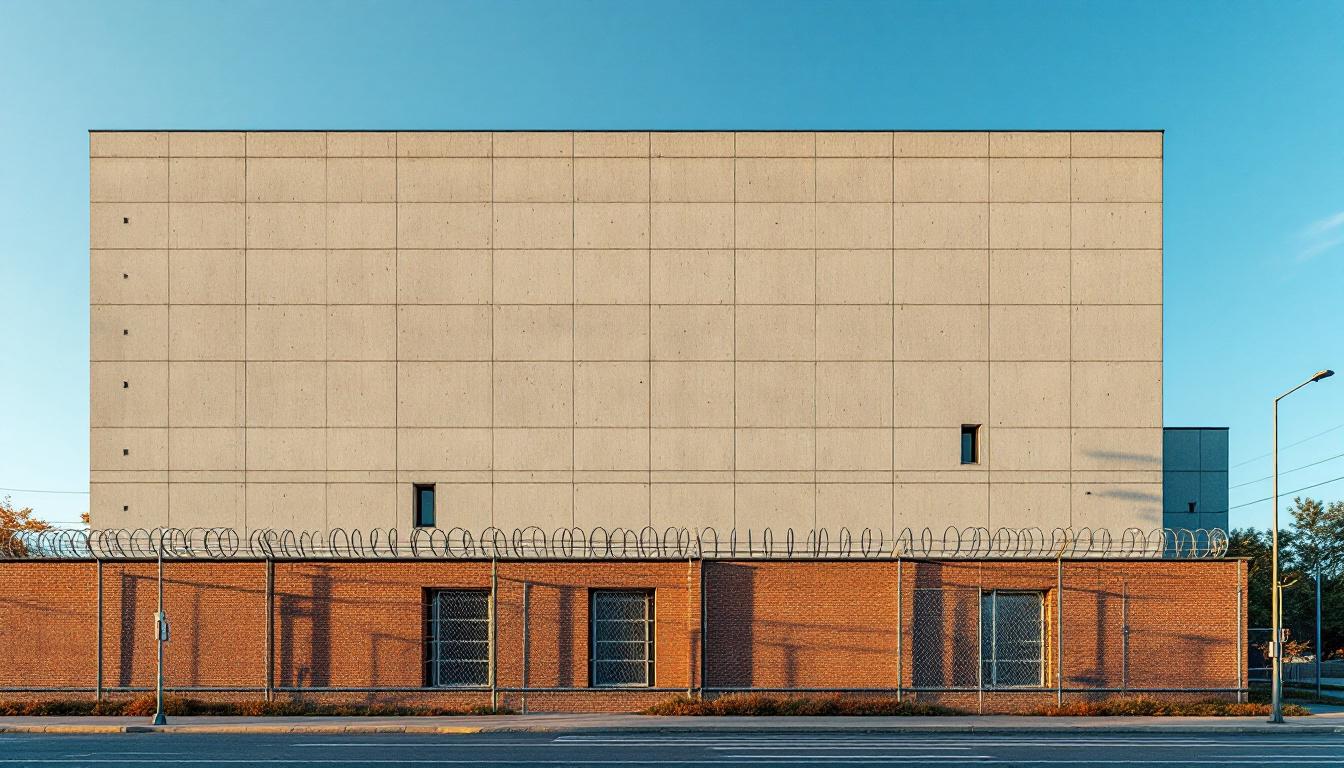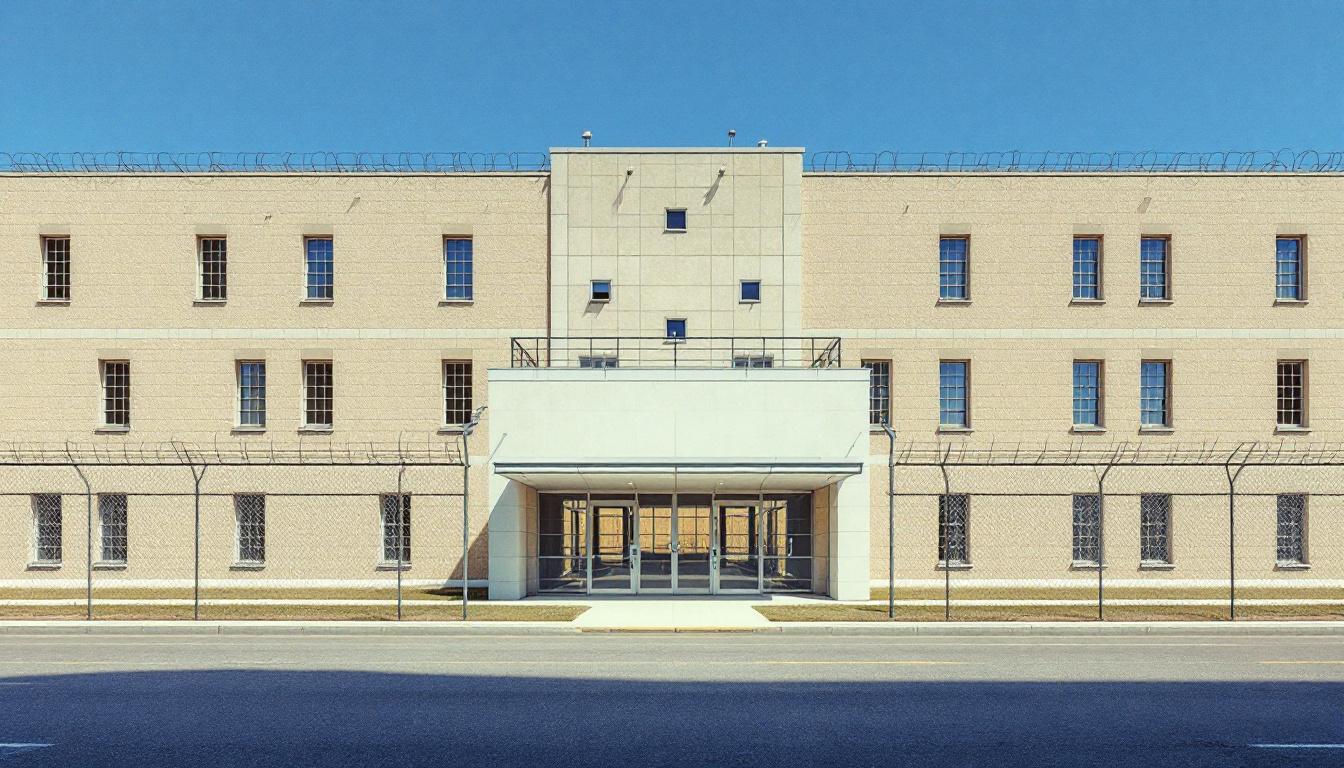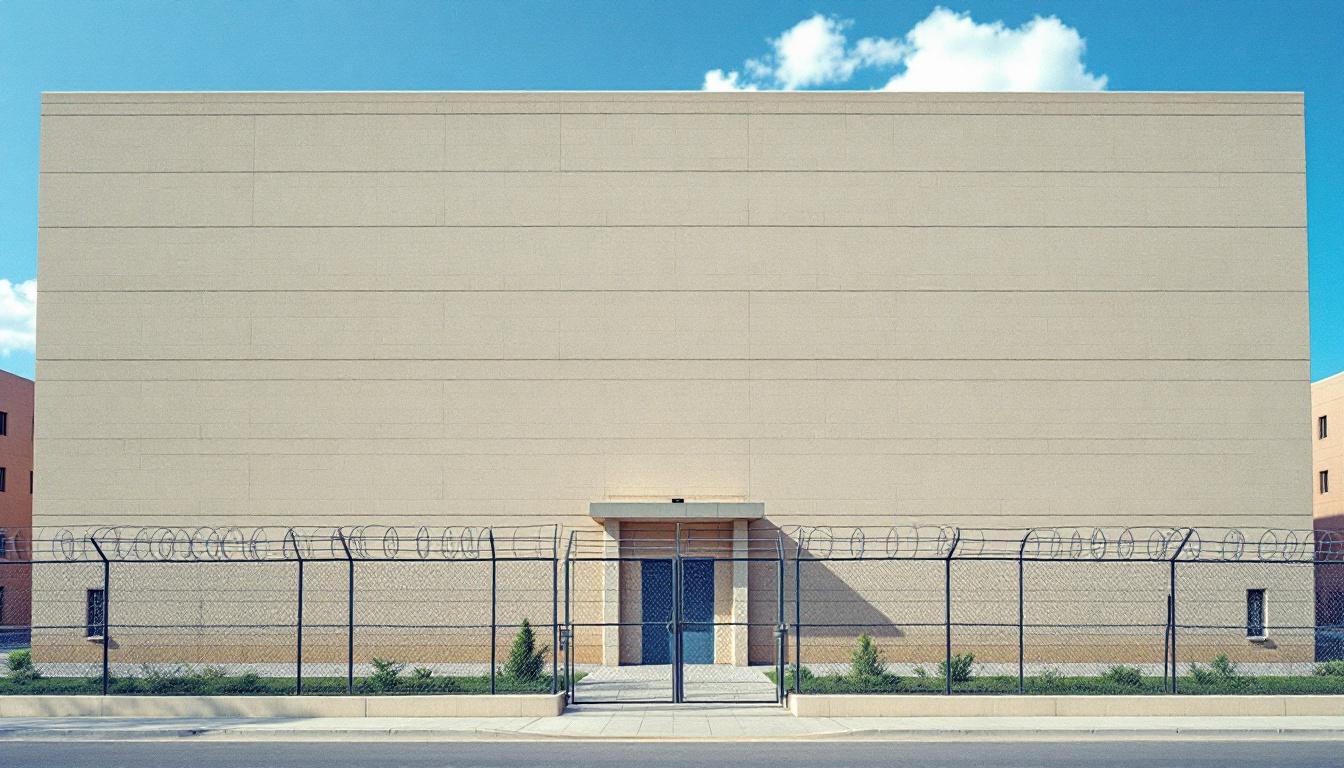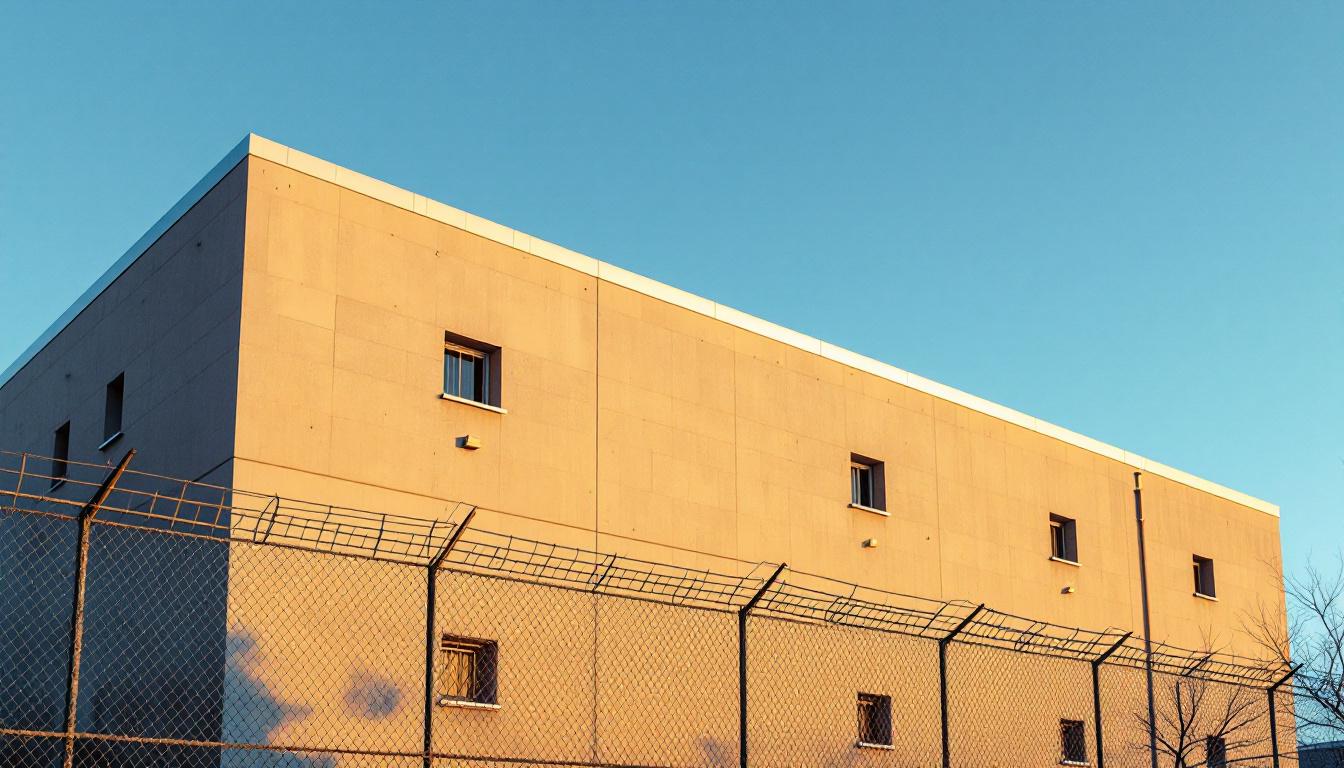
Quick Navigation
How to contact an inmate at Cherokee County Detention Center
This comprehensive guide will walk you through how to connect with an inmate at Cherokee County Detention Center. Follow the steps below to find an inmate and send letters and photos:
- Search for the inmate using our search tool below
- Create your account or log in to Penmate
- Write your message (up to 6,000 characters)
- Send instantly - inmates receive printed copies daily
Find an Inmate
Search for an inmate to start communicating today
Tip: You can search by first name, last name, or inmate ID number
To contact a person at Cherokee County Detention Center start by searching for the person on the official facility website. Perform a search by following these steps:
- Step 1: Enter their first name and last name into the search form and click "Search"
- Step 2: Locate their inmate record
- Step 3: Write down their Inmate ID and any housing information provided
Important! Be sure to enter the person's full name. Nicknames should not be used.
How to Send Messages to Inmates

You can use your phone or computer to send emails, letters, and photos to an inmate. Messages are sent electronically to inmate tablets or kiosks at the facility. If you would like to send a message, start by searching for an inmate at Cherokee County Detention Center.
Sending Photos and Postcards

A great way to send love and support to a loved one at Cherokee County Detention Center is to send photos and postcards. It only takes a few minutes to send photos from your phone and it makes a huge difference. You can also mail postcards with words of support and inspiration, or design your own postcard for special moments like birthdays and holidays.
Important! Be sure not to send any explicit photos or they may not be approved by the facility. You can also use a photo printing app like Penmate to make sure your photos are printed at the correct size (4x6 or 3x5) and are mailed according to the rules and regulations of Cherokee County Detention Center.
Frequently asked questions about Cherokee County Detention Center
-
How long does it take to deliver a message?
If you're sending an email message your letter is usually delivered within 24-48 hours. For messages sent via mail you should expect delivery within 3-7 days. All messages will need be approved by Cherokee County Detention Center.
-
How much does it cost to send a message to Cherokee County Detention Center?
You can send a message free using your phone or mail a message via USPS for the price of a $0.60 stamp and envelope. You can also purchase credits or e-stamps from services starting at $1.99.
-
What services can I use to contact an inmate at Cherokee County Detention Center?
Penmate
You can use Penmate to send letters and photos to an inmate from your phone. It's an easy way to stay in touch during your loved one's incarceration. Use the inmate locator to find an inmate's location and contact information, then you can send messages within a few minutes.
Securus messaging
Securus may be another option for communicating with an inmate at Cherokee County Detention Center. You can create a friends and family account and purchase credits to send messages. All messages will be reviewed and must be approved by the facility.
JPay
Some county jails and state prisons may support sending messages with JPay. You must register an account with the system, find your loved one, and purchase stamps to send messages. For some locations you can also attach photos.
Smart Jail Mail
You may also check if Smart Jail Mail is available at Cherokee County Detention Center. Smart Jail Mail is operated by Smart Communications and has contracted with some state and county jails. After purchasing credits, your messages and photos are sent to the facility, printed out, and then handed out to your loved one.
-
What is the mailing address of Cherokee County Detention Center?
Mailing address:
Cherokee County Detention Center
315 W Drive L M Rosemond Ln
Gaffney, SC 29340
Phone: (864) 487-2529Business hours:
- Monday: Open 24 hours
- Tuesday: Open 24 hours
- Wednesday: Open 24 hours
- Thursday: Open 24 hours
- Friday: Open 24 hours
- Saturday: Open 24 hours
- Sunday: Open 24 hours
-
What are the visiting hours at Cherokee County Detention Center?
Visiting hours at Cherokee County Detention Center vary by housing unit and security level. Generally, visits are scheduled on weekends and holidays, with some facilities offering weekday visits. Contact the facility directly at (864) 487-2529 or check their website for the current visiting schedule. Visits typically last 30-60 minutes and must be scheduled in advance.
-
What items are prohibited when sending mail to Cherokee County Detention Center?
Prohibited items typically include: cash, personal checks, stamps, stickers, glitter, glue, tape, staples, paperclips, polaroid photos, musical or blank greeting cards, hardcover books, magazines with staples, and any items containing metal or electronics. Only send letters on plain white paper with blue or black ink. Photos must be printed on regular photo paper (no Polaroids). Always check with Cherokee County Detention Center for their specific mail policies.
-
How do I send money to an inmate at Cherokee County Detention Center?
You can send money to an inmate at Cherokee County Detention Center through several methods: 1) Online using JPay, Access Corrections, or the facility's approved vendor, 2) Money orders mailed directly to the facility with the inmate's name and ID number, 3) Kiosks located in the facility lobby, or 4) Over the phone using a credit or debit card. Fees vary by method, typically ranging from $2.95 to $11.95 per transaction.
-
Can I schedule a video visit with an inmate at Cherokee County Detention Center?
Many facilities now offer video visitation as an alternative to in-person visits. At Cherokee County Detention Center, video visits may be available through services like Penmate, Securus Video Connect, GTL, or ICSolutions. Video visits typically cost $10-20 for 20-30 minutes and must be scheduled in advance. You'll need a computer or smartphone with a camera and reliable internet connection. Contact the facility for their specific video visitation policies and approved vendors.
-
What identification do I need to visit an inmate at Cherokee County Detention Center?
All visitors must present valid government-issued photo identification such as a driver's license, state ID, passport, or military ID. Minors must be accompanied by a parent or legal guardian who can provide the minor's birth certificate. Some facilities require visitors to be on the inmate's approved visitation list, which may require a background check. Contact Cherokee County Detention Center for specific ID requirements and visitor approval procedures.
-
How can I find out an inmate's release date?
To find an inmate's release date at Cherokee County Detention Center, you can: 1) Use the online inmate search tool if available, 2) Call the facility's records department, 3) Contact the inmate's case manager or counselor, or 4) Have the inmate provide this information during a call or visit. For privacy reasons, some facilities only release this information to immediate family members.
Facility Overview
Contact Information
Cherokee County Detention Center315 W Drive L M Rosemond Ln
Gaffney, SC 29340
Phone: (864) 487-2529
Official Website
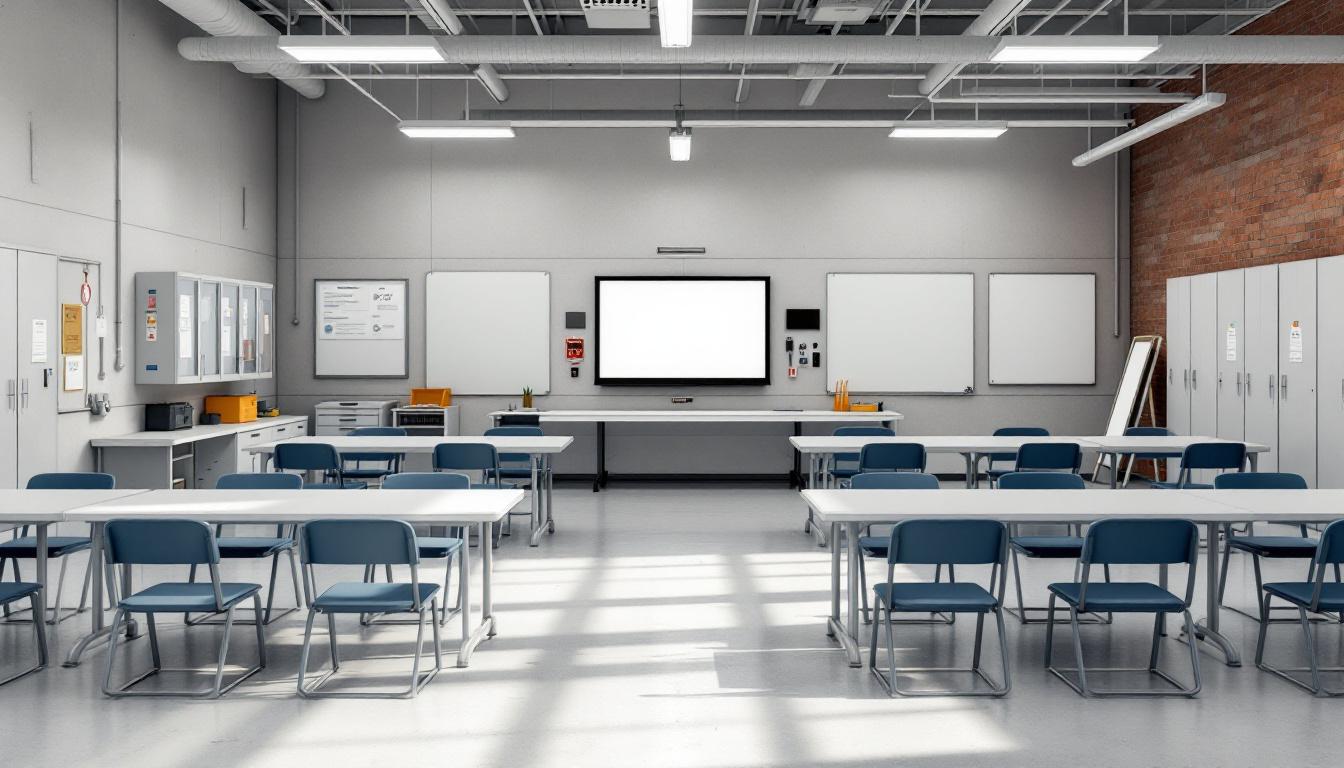
About Cherokee County Detention Center
Nestled in the heart of Canton, South Carolina, the Cherokee County Adult Detention Center serves as a cornerstone facility within the state's broader correctional network, maintaining secure custody while fostering pathways toward successful community reintegration. This detention center operates with dual priorities that reflect modern correctional philosophy—ensuring public safety through secure housing of individuals awaiting trial or serving shorter sentences, while simultaneously providing programming opportunities designed to address underlying factors that may contribute to criminal behavior.
The facility typically offers various educational and rehabilitative services that may include basic literacy programs, substance abuse counseling, and vocational training opportunities suited to regional employment needs. Cherokee County Adult Detention Center generally maintains connections with local community organizations and service providers to support residents' transition planning and post-release success. Mental health services and medical care are typically integrated into daily operations, recognizing that addressing health needs often plays a crucial role in reducing recidivism rates.
As an SC correctional facility serving the Cherokee County region, the detention center operates within established state standards while adapting its approach to meet local community needs and demographics. Staff members generally focus on maintaining a structured environment that balances security requirements with opportunities for personal growth and skill development. The facility's role extends beyond simple custody, encompassing preparation for residents' eventual return to Canton and surrounding communities through programming that may emphasize life skills, conflict resolution, and employment readiness training.
Programs & Services
Vocational training initiatives and educational enrichment opportunities form the cornerstone of rehabilitative efforts, emphasizing skill development that extends far beyond traditional confinement approaches. These comprehensive initiatives typically operate under the philosophy that meaningful engagement and practical skill acquisition serve as catalysts for successful community reintegration, fostering both personal growth and enhanced employment prospects upon release.
Educational services may deliver foundational literacy instruction alongside more advanced academic coursework, enabling residents to pursue credential completion or skill enhancement according to their individual needs and aspirations. Furthermore, vocational programs often encompass practical training in various trades and technical fields, providing hands-on experience that translates directly to employment opportunities. These initiatives typically emphasize measurable skill development while simultaneously building confidence and establishing productive daily routines for participants.
Support services extend into specialized areas such as painting and decorating instruction, which may offer both creative expression and marketable trade skills to interested residents. Faith-based initiatives often provide spiritual guidance and community connection opportunities, addressing the holistic needs of individuals during their period of incarceration. Additionally, printing services and related technical training may deliver valuable exposure to modern workplace technologies and processes, ensuring that residents develop relevant competencies aligned with contemporary employment demands and industry standards.
Daily Life & Visitation
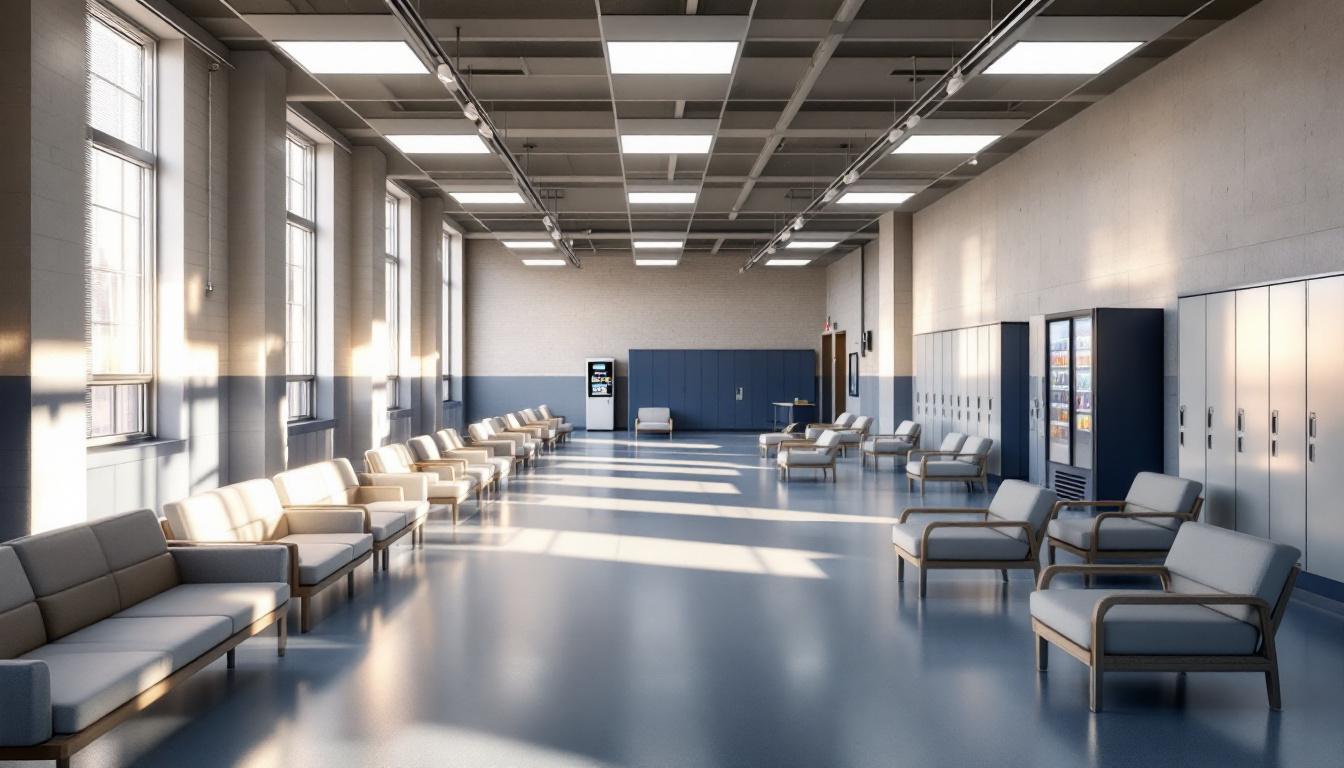
The rhythmic cadence of morning announcements and scheduled activities now forms the backbone of each day, as residents adapt to a carefully orchestrated routine that begins before dawn and continues through evening hours. This structured environment typically includes designated times for meals, programming, recreation, and rest periods, with staff regularly conducting security checks and facilitating movement between different areas of the facility. The predictable nature of these daily schedules generally provides residents with a sense of stability and purpose, as they navigate their time through clearly defined expectations and consistent procedures.
Living accommodations at the Cherokee County Adult Detention Center typically consist of housing units designed to accommodate multiple residents, with basic furnishings and personal storage space for approved belongings. Residents generally share common areas within their housing units and may have access to dayrooms where they can watch television, play games, or socialize during designated recreation periods. Meals are usually served in dining areas at scheduled times throughout the day, with residents following established procedures for movement to and from these locations. Furthermore, the facility typically maintains a commissary system where residents can purchase approved personal items and snacks, provided they have funds available in their accounts.
Although daily routines deliver structure, residents often have opportunities to participate in various programs and activities that may include educational classes, religious services, and recreational activities. Work assignments within the facility typically provide residents with purposeful activities while contributing to the facility's daily operations, such as kitchen duties, cleaning, or maintenance tasks. Family connections remain important through scheduled visitation periods and telephone privileges, which generally allow residents to maintain contact with their support systems. The facility usually provides specific guidelines for visitation procedures and communication policies, helping families understand how to stay connected with their loved ones during their time at the center.
Ready to Connect?
Start communicating with your loved one today
Search for an Inmate
